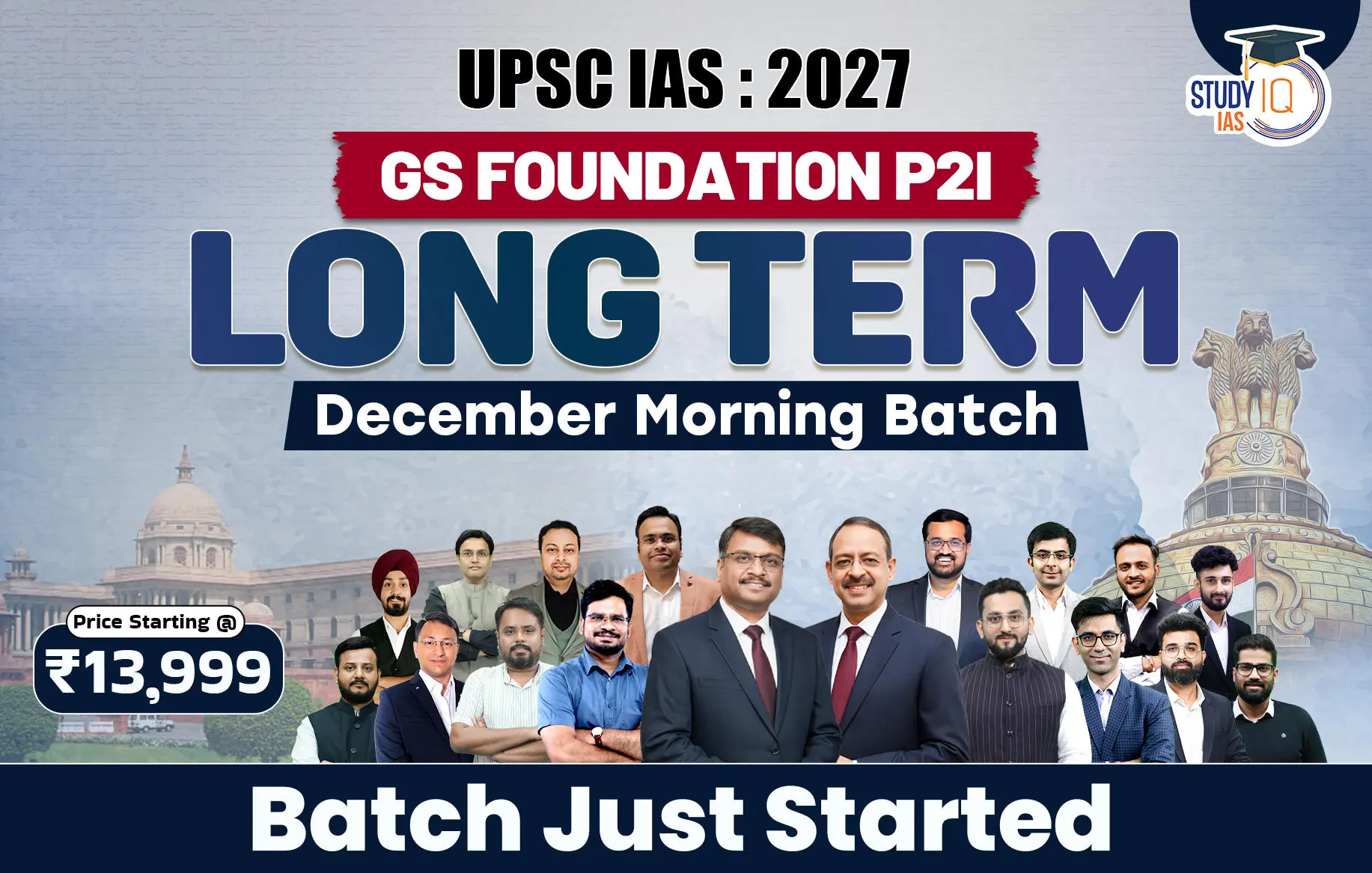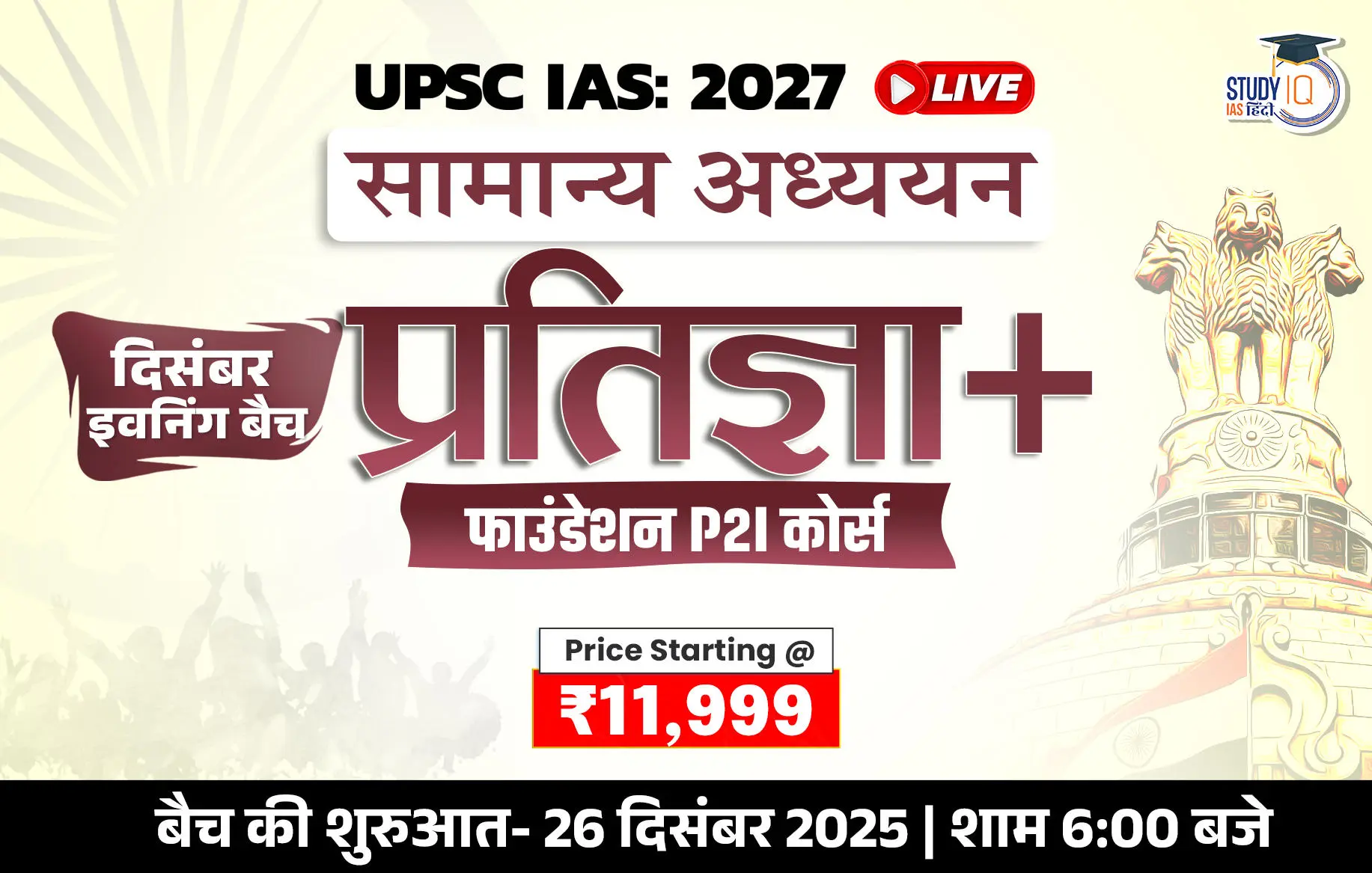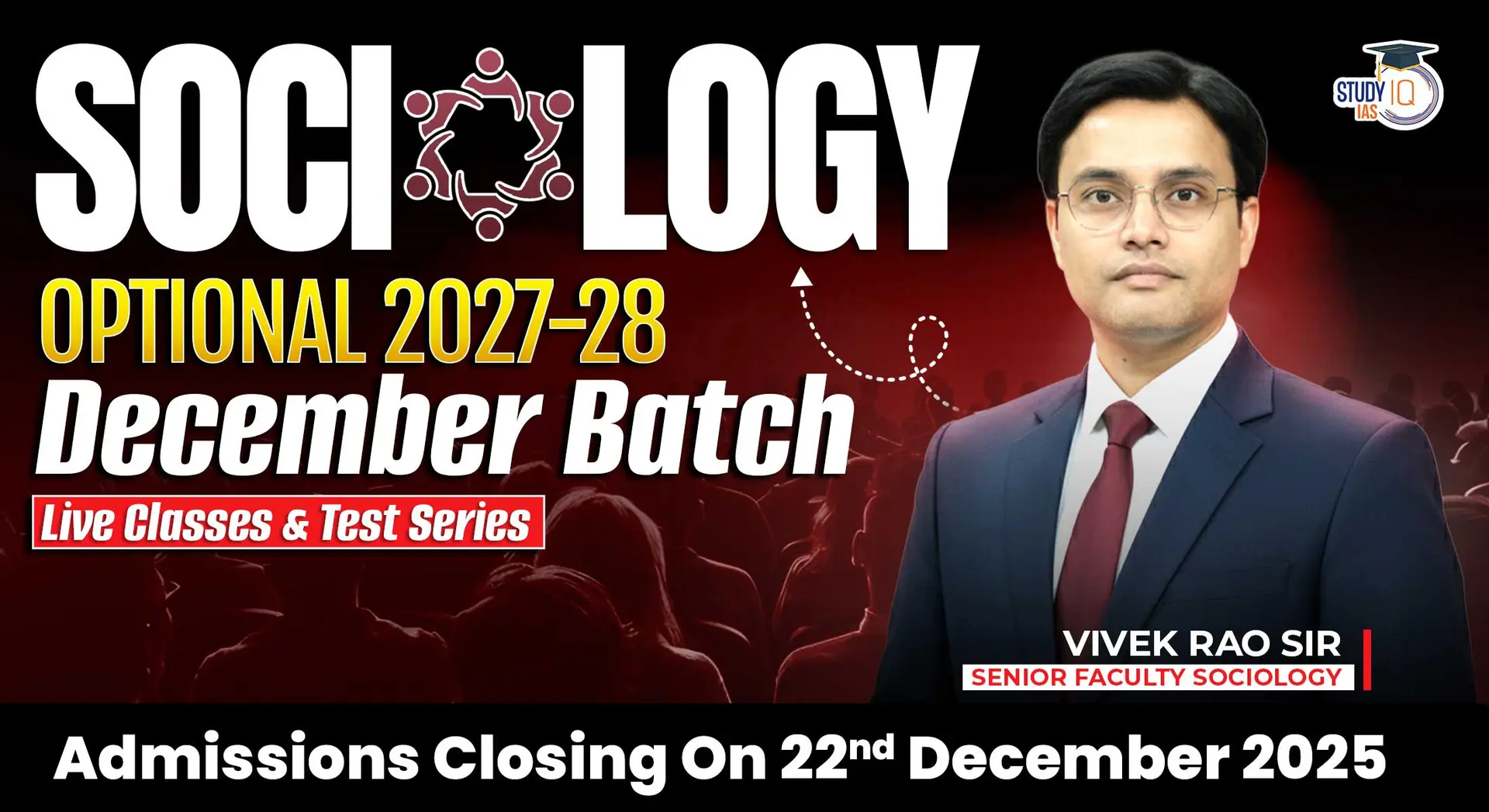Table of Contents
Context: The Rajasthan Assembly passed ‘the Right to Health Bill’ despite protests by private doctors, making it the only state in India to legislate the right to health.
Key Provisions the Rajasthan’s Right to Health Bill
- Right to health: The Bill provides the right to health and access to healthcare for people in the state. This includes free health care services at any clinical establishment to residents of the state.
- Obligations of state government: The Bill sets certain obligations on the state government to ensure the right to health and maintain public health.
- Health authorities: Health Authorities will be set up at the state and district level. These bodies will formulate, implement, monitor, and develop mechanisms for quality healthcare and management of public health emergencies.
What is Right to Health (RTH)?
- Understanding health as a human right creates a legal obligation on states to ensure access to timely, acceptable, and affordable health care of appropriate quality.
- This includes safe and potable water, sanitation, food, housing, health-related information and education, and gender equality.
- The right to health includes both freedoms and entitlements:
- Freedoms: include the right to control one’s health and body (for example, sexual and reproductive rights) and to be free from interference (for example, free from torture and non-consensual medical treatment and experimentation).
- Entitlements: include the right to a system of health protection that gives everyone an equal opportunity to enjoy the highest attainable level of health.
- Core components of RTH:

- Right to health under international law:
- The right to health was first articulated in the WHO Constitution (1946) which states that: “the enjoyment of the highest attainable standard of health is one of the fundamental rights of every human being…”.
- The 1948 Universal Declaration of Human Rights mentioned health as part of the right to an adequate standard of living (article 25).
- It was again recognized as a human right in 1966 in the International Covenant on Economic, Social and Cultural Rights.
- Global overview of RTH: More than half of the world’s countries including Uruguay, Latvia, and Senegal have some degree of a guaranteed, specific right to public health and medical care for their citizens written into their national constitutions.
- Right to health (RTH) in India:
- The Constitution of India does not expressly guarantee a fundamental RTH.
- The Supreme Court of India in Bandhua Mukti Morcha v Union of India & Ors, 1984 interpreted the RTH under Article 21 which guarantees the right to life.
- There are multiple references in the Constitution to public health and on the role of the State in the provision of healthcare to citizens:
- Article 39 (E): Directs the state to secure health of workers.
- Article 42: Direct the state to provide just and humane conditions of work and maternity relief.
- Article 47: Casts a duty on the state to raise the nutrition levels and standard of living of people and to improve public health.
- Article 243G: It endows the Panchayats to strengthen public health.
Challenges in Providing RTH in India
- Low healthcare spending: Overall, India’s public health expenditure has remained less than 2% of the GDP.
- Suboptimal capacity:
- Every doctor in India caters to at least 1,511 against WHO’s recommendations of one doctor for every 1,000 people.
- Nurse-to-population ratio is of 1:670 against the WHO norm of 1:300. Also, there are mere 0.5 beds for every 1,000 population.
- Weak Primary health care (PHC) sector: Declaration of Alma-Ata, 1978 identified PHC as the key to the attainment of the goal of Health for All.
- 60% of PHCs in India have only one doctor while about 5% have none. This adversely impacts filtering of patients as well as prevention and early detection.
- Non availability of skilled workforce: India currently needs an additional 6.4 million healthcare resources (overall) to serve its population.
- Poor governance: The public sector offers healthcare at low or no cost but is perceived as being unreliable, of indifferent quality and generally is not the first choice, unless one cannot afford private care.

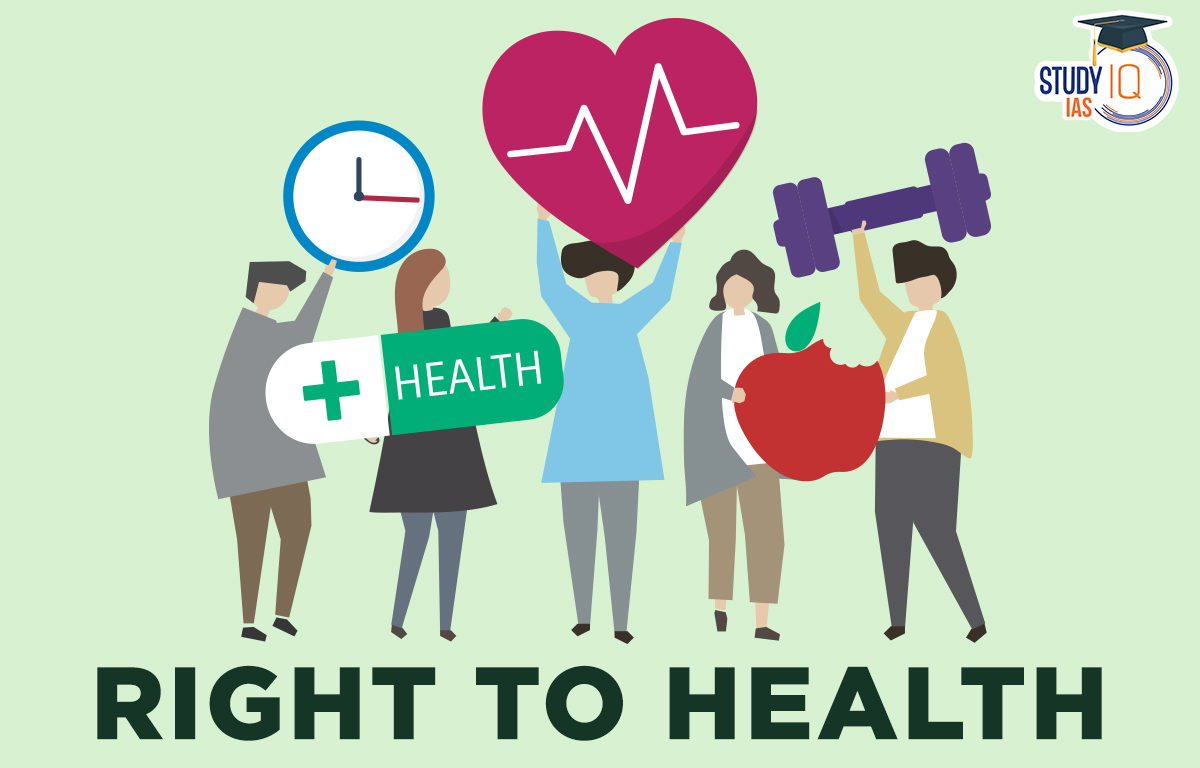
 StudyIQ IAS Mega Walk-In Drive 2025: Hir...
StudyIQ IAS Mega Walk-In Drive 2025: Hir...
 UPSC EPFO Result 2025 Out: EO/AO and APF...
UPSC EPFO Result 2025 Out: EO/AO and APF...
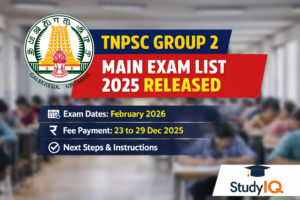 TNPSC Group 2 Main Exam List 2025 Releas...
TNPSC Group 2 Main Exam List 2025 Releas...

